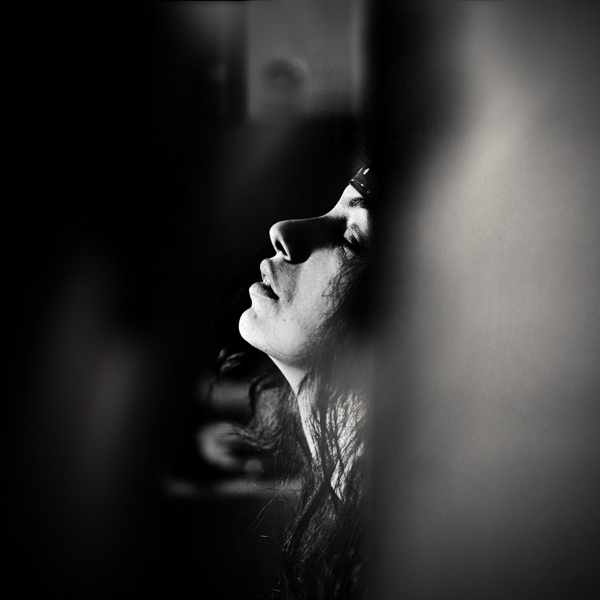The moment my mother passed away, the dreaded word orphan crept into my mind.
When a parent passes away, life changes as we know it.
We start to question life and our purpose here. We start to imagine all of the events they’re going to miss, all of the memories that we once shared. We start to think about what we should have said, what we shouldn’t have done, the family gatherings we should have attended. We think, if only we could have one last moment. Losing a parent is never easy, no matter how old we are, but losing both of them before 30 can be a real tragedy.
We can start to disassociate with others and feel alienated. We can start to envy other people who have parents—and when they complain about something their mom or dad did, we’ll choke down our tears in silence. When people ask about them, sometimes we lie and avoid the subject altogether in order to avoid answering. Holidays are a whole different ball game and many times we just want to hide.
Society tells is that we will all go through the five stages of grief, and anyone who has lost a parent or both knows that isn’t always the case. Some of us get lost in one stage for years, some of us skip some stages, and some of us never get to the point of acceptance. Searching for grief groups only amplifies the situation and confirms that we shouldn’t feel happy. It reaffirms that we are forever labeled as “parentless” and that always feeling sad and unhappy is perfectly okay.
What if we shifted our mindset around losing our parents to a positive experience? What if we were the ones who had a higher chance for success and happiness? What if we are destined for a far greater life than anyone could imagine?
Here are seven ways losing our parents can set us up for success and happiness in the long run:
1. Health becomes a major priority.
Losing parents at a young age can definite bring health to the forefront of your mind. We may be more susceptible to diseases and we know this. When the gym or eating healthy doesn’t sound appealing, we are easily reminded that we want to live long for our own children, so we do what we have to do.
2. We have grit.
Having gone through what we have gone through, we know what we are made of. The little things no longer bother us and when the big things do happen, we know that if we can survive the death of our parents and come out on top, we can survive anything.
3. We take risks.
We now truly believe that every day could be our last and each day is a gift. We also do things that most would not because we understand at a deeper level that tomorrow may not come.
4. We don’t care what others think.
As we grow older this comes naturally, but in our 20s and 30s, people still care very much about what others think. Having lost loved ones gives us perspective—we tend to do what works for us and care less if others approve.
5. We have a closer relationship with what we consider to be God.
In order to maintain a level head, many of us dive deep into what God is or isn’t. We are forced to explore this topic on a different level so we can make sense of our lives. Having this relationship can make us more sensitive to others and in turn make us better people.
6. We love with all we have.
We know what it is like to say goodbye to the people who loved us the most. We now make sure to tell our friends and family that we love them on a daily basis. We tell people how much we appreciate them and value their friendship and most importantly, we make sure that we honor the love we have for ourselves.
7. We inspire others.
Having gone through trauma, we know what it’s like to experience a wide range of emotions. For the most part, we have learned to maneuver through them and when we see others going through similar experiences we can remind them that they have been blessed with a happy life.
We know that when we lose a loved one, we all see life a little differently. We can’t help it. We also know that there is no way to avoid the hurt that comes along with it. But I think if we can shift to seeing how this experience enhances our lives, it may make the healing process just a little bit easier.
Author: Jennifer Sinclair
Image: sakiryildirim/Deviantart; Wikimedia Commons
Editor: Catherine Monkman



Read 1 comment and reply